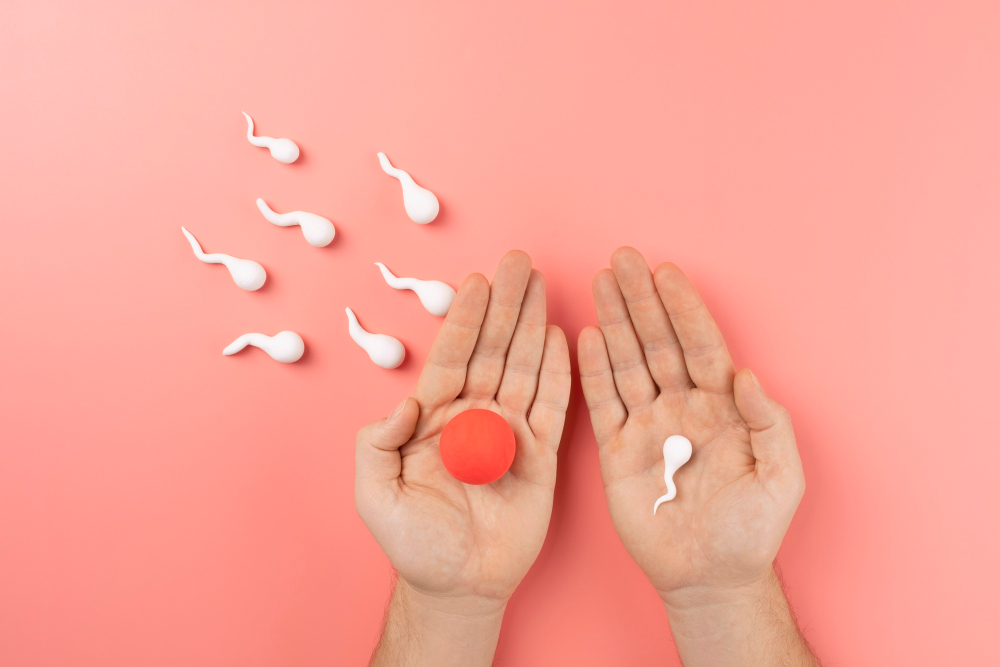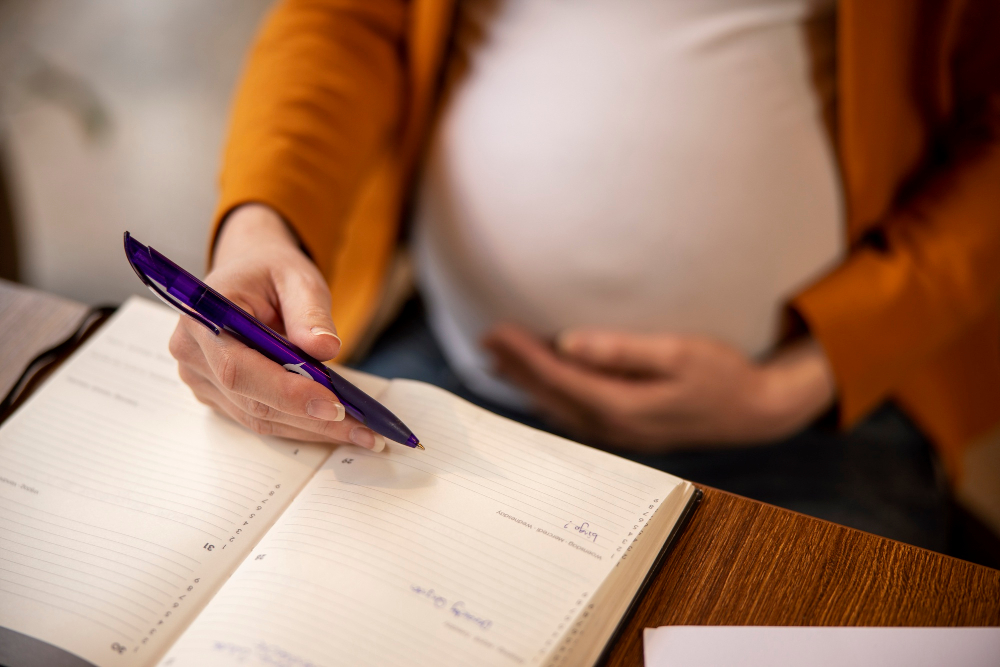Baby development at 4 weeks

Baby development at 4 weeks
Growing fast
Now that your little embryo has implanted in your uterus, cells are multiplying rapidly and taking on different functions. Your baby-to-be consists of two layers (called the hypoblast and the epiblast) from which all of the organs will begin to develop over the next six weeks.
This is the time when your baby will be most vulnerable to anything that might interfere with development, so be sure to steer clear of alcohol, smoking, drugs, and unsafe chemicals.
Also, watch out for overheating. High temperatures, especially early in pregnancy, have been associated with increased risk of neural tube defects. That's why saunas, steam baths, and hot tubs aren't recommended during pregnancy.
Primitive placenta
Your embryo's outer cells are tunneling into the lining of your uterus. Spaces form within this layer for your blood to flow into so that you'll be able to provide nutrients and oxygen to your growing baby.
Amniotic sac and yolk sac
There's now an amniotic sac surrounding your embryo – it contains amniotic fluid and will cushion your baby as they grow. Your tiny embryo also has a yolk sac, which temporarily provides nourishment and makes cells that turn into the umbilical cord, gastrointestinal system, and reproductive organs.
Having twins?
It's too soon to know. But it's still fun to see what fraternal twins look like in the womb this week. You can also learn about your likelihood of having twins or more.
Pregnancy symptoms during week 4
No pregnancy symptoms?
Don't worry. Many women don't feel anything yet this week. By next week, about half of women will experience symptoms, but most early pregnancy symptoms don't start until about 6 weeks.
Tender, swollen breasts
Breast tenderness can be one of the first signs of pregnancy. It usually starts around 4 to 6 weeks and lasts through the first trimester. You may notice your breasts growing or your nipples darkening. Some women also see prominent blue or purple veins develop on their breasts in early pregnancy.
Fatigue
For many women, exhaustion is one of the early signs of pregnancy. Pregnancy fatigue affects almost all expecting moms in the first trimester, likely due to a dramatic rise in progesterone.
Nausea or vomiting
Despite the misleading name, morning sickness can strike at any time of day. It usually starts around 6 weeks of pregnancy but can begin as early as 4 weeks. Up to 80 percent of expecting moms experience nausea during pregnancy, and about half have both nausea and vomiting.
Gas and bloating
Increased progesterone levels may be slowing down your digestion and causing gas and bloating. Even weeks before you begin to show, you may burp or pass gas much more often, or have to unbutton your pants to relieve bloating.
Cramping
Cramps during pregnancy are often nothing to worry about. In early pregnancy, some women feel implantation cramps (and can have some spotting) when the fertilized egg implants in the uterus. However, first trimester cramps along with other symptoms (such as bleeding) can signal a problem such as an ectopic pregnancy or miscarriage. Find out when to call your doctor or midwife about cramping during pregnancy.
Mood swings
Hormones, stress, and exhaustion all contribute to mood swings during pregnancy, which can be strongest in the first trimester. Emotional upheaval is normal right now. But if your mood swings are becoming more frequent or more intense, or if they last longer than two weeks, talk to your provider. You may be among the one in 10 women who battle mild to moderate depression during pregnancy.
Pregnancy checklist at 4 weeks pregnant
Make a prenatal appointment
Once you get a positive pregnancy test, call your doctor or midwife and make your first prenatal appointment. Many healthcare providers will schedule your first visit for when you're about 8 weeks pregnant. Some will see you sooner, particularly if you have a medical condition, have had problems with a pregnancy in the past, or are having symptoms such as vaginal bleeding, abdominal pain, or severe nausea and vomiting.
Make sure your medicine is pregnancy-safe
Always check with your provider before you take any kind of medicine during pregnancy – prescription medicine or even an over-the-counter (OTC) product. If you take medication currently, ask your provider whether it's a safe medicine for pregnancy. Your doctor or midwife can help you find a good alternative if it isn't.
Soothe your digestive system
If you're plagued by gas, bloating, or an uncomfortable sensation in your gut, try eating smaller meals throughout the day. Eat slowly and chew your food well, don't drink too much water during meals, and avoid carbonated beverages, gum, and the artificial sweetener sorbitol. Exercise, like walking or prenatal yoga, can also provide relief.
Find out what's in store throughout pregnancy
You're pregnant! Now what? Get a sneak peek at the months ahead with our quick pregnancy overview.
Related Articles

The Role of Menstrual Blood in Traditional Medicine

Baby development at 36 weeks

Baby development at 6 weeks

Social and Relationship Care: Tips for Building Strong Connections

Baby development at 25 weeks

Fertility and Conception: A Comprehensive Guide to Getting Pregnant

Baby development at 19 weeks

A Comprehensive Journey to Conception: The Complete Guide to Getting Pregnant